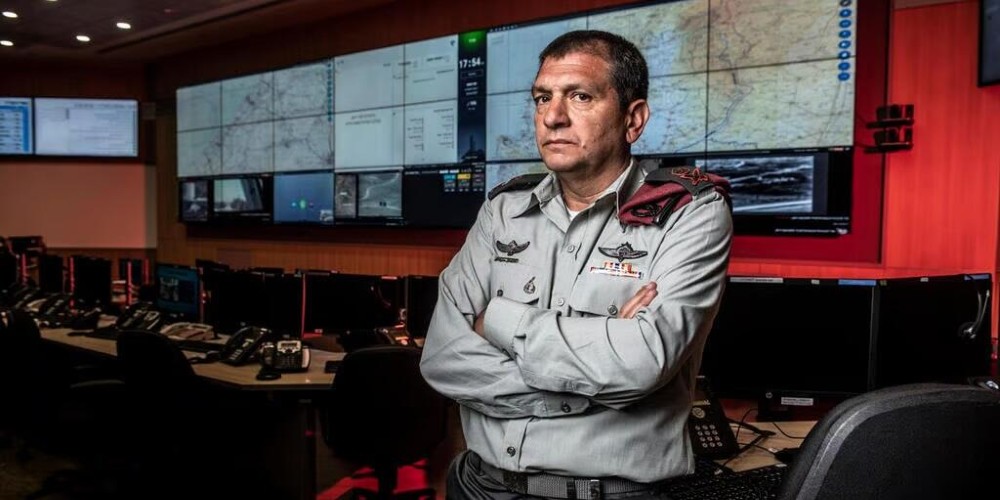(Zero Hedge)—Israel’s top military intelligence official has announced his resignation in a shock development for the country while it’s still at war, citing his failure to anticipate the Oct.7 Hamas terror attack. Maj. Gen. Aharon Haliva, chief of the Israel Defense Forces Military Intelligence Directorate, is expected to vacate the position as soon as his replacement is appointed.
This makes Haliva the first senior officer to resign over Oct.7, and comes as large Israeli protests have persisted in reaction to the Netanyahu government’s failure to achieve the safe return of the remaining hostages being held by Hamas.
A military announcement confirmed the resignation has been approved by Defense Minister Yoav Gallant. According to a statement in Israeli media, “Alongside Haliva, other top defense officials have said they bear responsibility for the deadly invasion carried out by Hamas on October 7, including the head of the Shin Bet security agency and the IDF chief of staff.”
As for these additional officials, “None of them has announced plans to resign as of yet, though many are expected to do so once the security situation stabilizes,” Times of Israel reports.
There’s been widespread questioning as to how Hamas and other Palestinian militants were able to breach Israel’s southern borders with ease on Oct.7 – even overrunning IDF border outposts, amid the deadly attack on the Nova music festival. Israel has some of the most sophisticated and advance surveillance systems in the world.
Over 1,160 people were killed, mostly civilians, and more than 240 Israelis and foreigners were taken hostage, but many of the captives have since died. The security failures of Oct.7 are still under investigation and are likely to be scrutinized for years to come.
But Al Jazeera observes that Gen. Haliva’s resignation from the top military intelligence post is also political and relates to PM Netanyahu’s handling of the crisis and ongoing war in Gaza:
Akiva Eldar, an Israeli author and former columnist with Haaretz newspaper, says Major-General Halavi quit likely because Netanyahu isn’t going to end the war on Gaza anytime soon.
Eldar added another reason is that the prime minister “is not interested in bringing the captives back to Israel”.
“Netanyahu is the highest authority and he never took responsibility [for the Hamas attack] so Haliva wanted to send a personal message to tell him, ‘If I can do it, you can do it,’” he said.
As for the Israeli military’s own internal investigation into Oct.7 security and intel failures, it is expected to look the way back to 2018 in terms of scope.
The following areas will focus of a deep investigation: “The main subjects being investigated by the General Staff are: the development of the IDF’s perception of Gaza, with an emphasis on the border, starting in 2018; the IDF’s intelligence assessments of Hamas from 2018 until the outbreak of the war; the intelligence and decision-making process on the eve of October 7, as well as the days leading up to it; and the command and control, formations, and orders given during battles between October 7 and 10, when troops restored control over all communities and army bases in southern Israel that had been invaded by Hamas,” according to Times of Israel.
“Beef Steak” – our most popular survival beef product – is on sale now.
Promo code “steak40” at checkout for 40% off!


